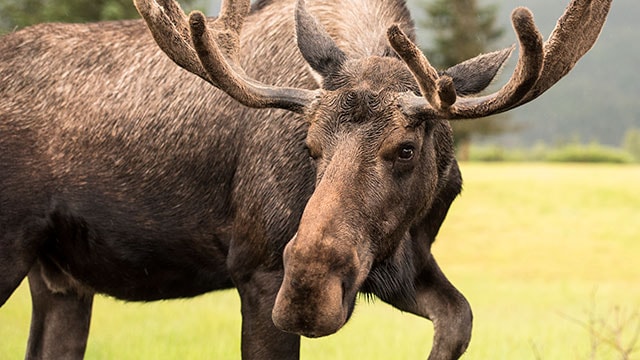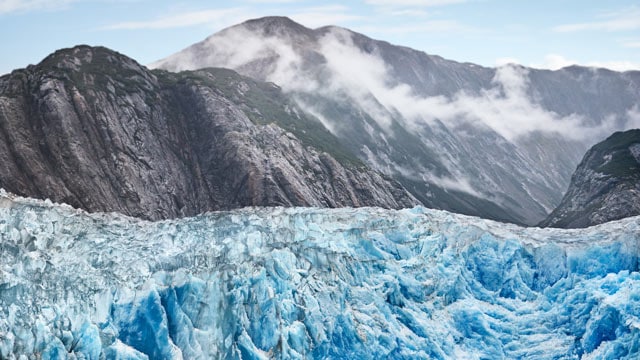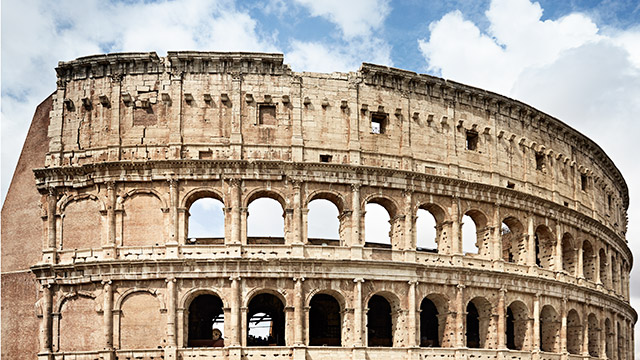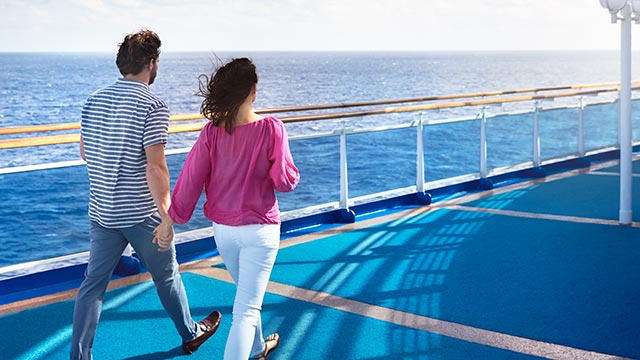Alaska's beauty and extreme ruggedness are reflected through its state symbols. Get to know these 15 Alaska state symbols, and look for them the next time you take an Alaska cruise.
- The Moose: Alaska's State Mammal
Found throughout Alaska, and weighing as much as 455 kilograms, the moose is the largest member of the deer family. Alaskan wildlife is amongst the most popular reasons guests cruise Alaska. - Dog Mushing: Alaska's Official Sport
Used for centuries as a primary mode of transportation in Alaska, dog mushing has received renewed interest through the Iditarod. - Gold: Alaska's State Mineral
Though Alaskan gold was first discovered in 1848, the Klondike Gold Rush of the 1890s brought thousands to Alaska and the Yukon, helping to open up Alaska's interior. - King Salmon: Alaska's Symbolic Fish
Weighing 11-23 kilograms or more, king salmon will travel more than 3,219 river kilometres in order to spawn over a 60-day period, all while swimming upstream. - Willow Ptarmigan: Alaska's State Bird
The consummate survivalist, the willow ptarmigan has feathered toes, and it changes colours from brown in the summer to white in the winter to camouflage itself and hide from predators. It’s easy to see why this tenacious bird was chosen to be an Alaskan state symbol. - Sitka Spruce: Alaska's State Tree
The Sitka spruce, found along the coasts of northern California up through southeast Alaska, is the tallest spruce in the world. Are you sensing a theme in the size of Alaskan state symbols? - The Big Dipper and the North Star: The Symbols of Alaska's Flag
The Big Dipper, also known as Ursa Major, represents strength. The North Star, Polaris, represents Alaska's northern location and the importance of Polaris as "the ever-constant star for the mariner, the explorer, hunter, trapper, prospector, woodsman, and the surveyor," as stated in the flag's legal description. - The Woolly Mammoth: Alaska's Most Prominent Fossil
Woolly mammoth fossils are most commonly found in the Arctic. These land creatures stood about 3–4 metres tall and weighed 5-7 tonnes. - Jade: Alaska's Most Prevalent Gemstone
Alaska is rich with jade deposits; in fact, an entire mountain on the Seward Peninsula comprises this gemstone. Highly valued for its luminosity and texture, jade was once a popular source of trade amongst native Alaskans. - Alpine Forget-Me-Not: Alaska's Toughest Flower
The Alpine forget-me-not is found throughout Alaska in rocky, mountainous areas, and is one of the few flora whose flowers bloom in a true blue. - The Four-Spot Skimmer Dragonfly: Alaska's Biggest Defender
Students at the Auntie Mary Nicoli Elementary School in Aniak, Alaska, chose this state insect in part because it preys upon Alaska's "unofficial state bird" — the mosquito. - The Malamute: Alaska's State Dog
Malamutes are prominent figures in Alaskan history, dating back over 5,000 years to the earliest Alaskan settlers. A fast, friendly breed, these dogs have served as transportation for people and goods, companionship, and protection. - Tanana: Alaska's Rich Soil
When combined with nearly constant summer sunlight, nutrient-rich Tanana supports a host of lush, sometimes giant crops — including a 9-kilogram carrot! - Denali: Alaska's Highest Point
This most distinctive of Alaska state symbols is the highest point in North America, standing at 6,190 metres. - The Bowhead Whale: Alaska's State Marine Mammal
The endangered bowhead whale was hunted by Alaskan natives for two millennia. It measures 11-12 metres in length and weighs around 68-91 tonnes.



